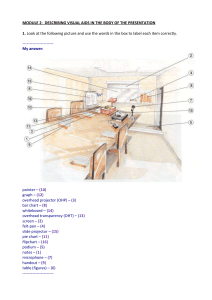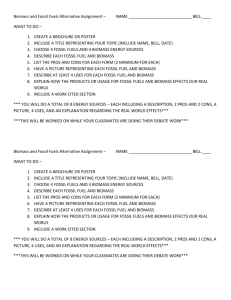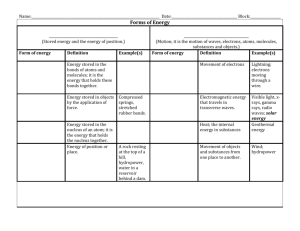What I need to Know Unit B
advertisement
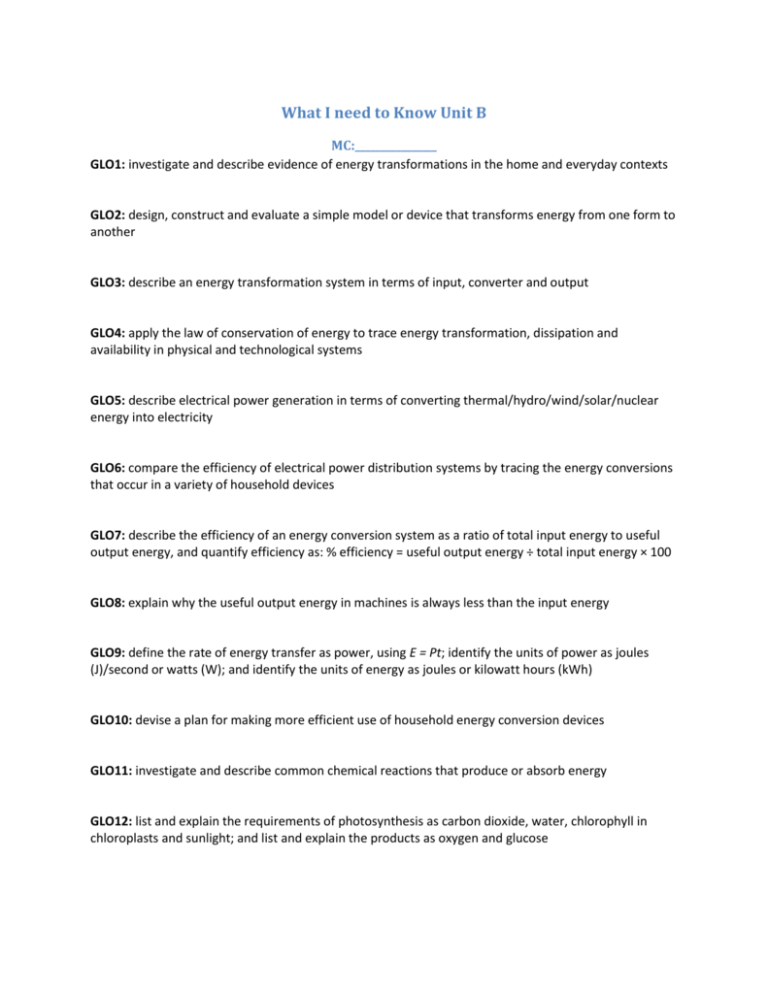
What I need to Know Unit B MC:________________ GLO1: investigate and describe evidence of energy transformations in the home and everyday contexts GLO2: design, construct and evaluate a simple model or device that transforms energy from one form to another GLO3: describe an energy transformation system in terms of input, converter and output GLO4: apply the law of conservation of energy to trace energy transformation, dissipation and availability in physical and technological systems GLO5: describe electrical power generation in terms of converting thermal/hydro/wind/solar/nuclear energy into electricity GLO6: compare the efficiency of electrical power distribution systems by tracing the energy conversions that occur in a variety of household devices GLO7: describe the efficiency of an energy conversion system as a ratio of total input energy to useful output energy, and quantify efficiency as: % efficiency = useful output energy ÷ total input energy × 100 GLO8: explain why the useful output energy in machines is always less than the input energy GLO9: define the rate of energy transfer as power, using E = Pt; identify the units of power as joules (J)/second or watts (W); and identify the units of energy as joules or kilowatt hours (kWh) GLO10: devise a plan for making more efficient use of household energy conversion devices GLO11: investigate and describe common chemical reactions that produce or absorb energy GLO12: list and explain the requirements of photosynthesis as carbon dioxide, water, chlorophyll in chloroplasts and sunlight; and list and explain the products as oxygen and glucose GLO13: explain, in general, the process of respiration in which glucose and oxygen are converted to energy, carbon dioxide and water GLO14: describe food as fuel for the human body in meeting its needs for normal metabolic functions, exercise, and growth or repair of cells GLO15: identify the sources of energy in food as carbohydrates, fats and proteins; and explain, in general terms, why there needs to be a balance between food intake and energy output GLO16: describe the factors that affect metabolism and compare daily energy requirements of individuals at various stages of growth and activity levels GLO17: outline, in general terms, the formation of the following fossil fuels: oil, coal and natural gas GLO18: compare combustion of a fossil fuel with cellular respiration GLO19: explain the importance of the fossil fuel industry in Alberta in meeting energy requirements GLO20: compare present fossil fuel consumption by industry, homes and automobiles with projected consumption in the future GLO21: describe the sources of fossil fuels; and describe, in general terms, the extraction and refining processes used to provide people with fossil fuels GLO22: assess the impact of fossil fuel based technologies on the environment GLO23: describe the importance of combustion reactions to a modern industrial society, and describe the implications of depleting fossil fuel reserves


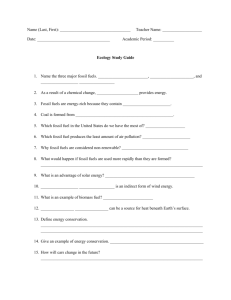
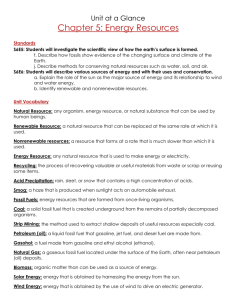
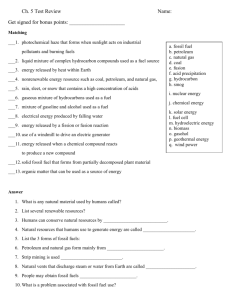
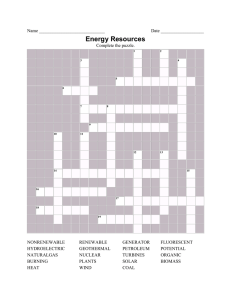
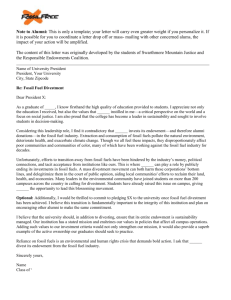
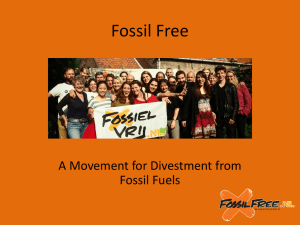
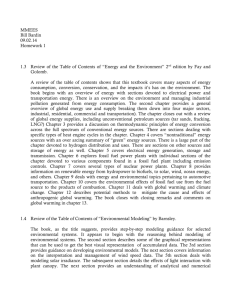
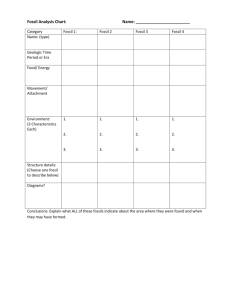
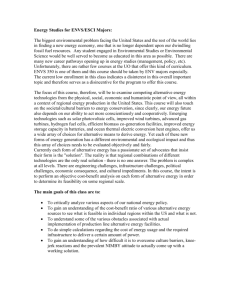
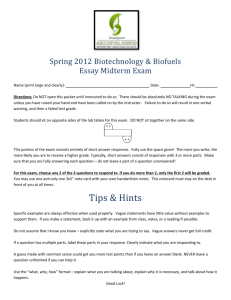
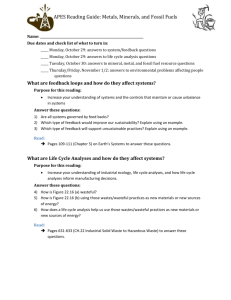
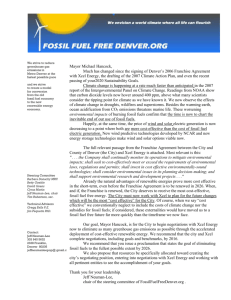
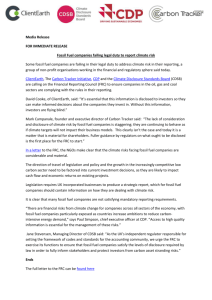
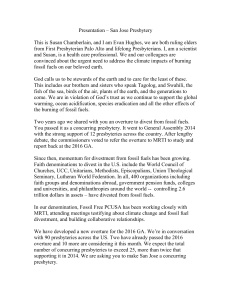
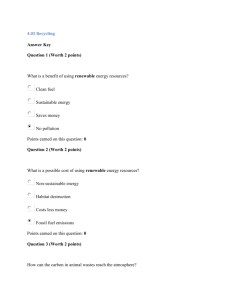
![We call on [Your Campus Here]](http://s3.studylib.net/store/data/007202521_1-3b5ff621da4d4d738cd9d7c4b7d5d391-300x300.png)

